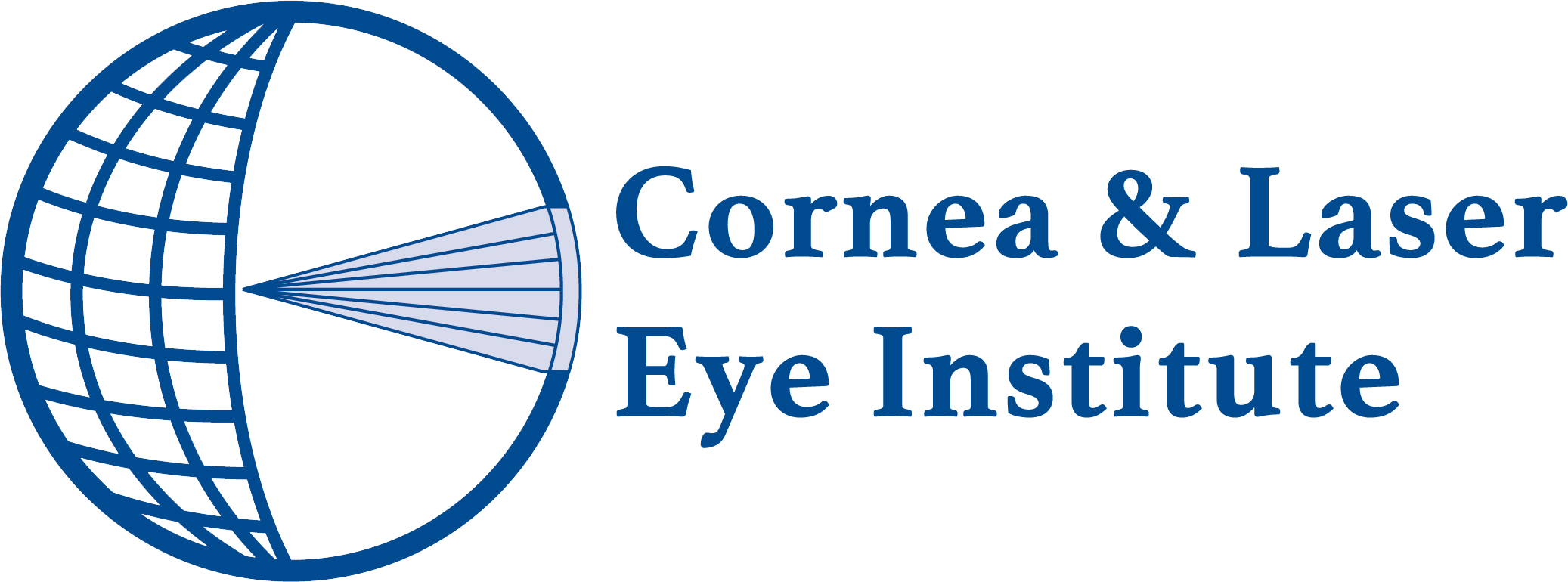Traditionally, patients with advanced keratoconus had very few options for treating corneal ectasia. In the early days, the only option they were offered was generally a full corneal transplant (penetrating keratoplasty). More recently, partial thickness corneal transplants (anterior lamellar keratoplasty (ALK, DALK)) came into play as a slightly less invasive procedure. Intrastromal corneal ring segments, […]
Read More
Posted by Steven Greenstein on September 11, 2024
LASIK (Laser-Assisted In-Situ Keratomileusis) is a popular and highly effective refractive eye surgery that has been transforming the lives of individuals with vision problems for decades. This innovative procedure has gained widespread acclaim for its ability to correct a range of refractive errors, including nearsightedness, also known as myopia. Let’s delve into the intricacies of […]
Read More
Posted by Steven Greenstein on September 6, 2024
Are you considering LASIK surgery to improve your vision, but you are unsure about the process or you are concerned about potential risks? You’re not alone. Many people have preconceived notions about LASIK that may be preventing them from taking the first step towards clearer, sharper eyesight. To help you make an informed decision about […]
Read More
Posted by Steven Greenstein on September 5, 2024
Understanding Cataract Surgery and Its Challenges Cataract surgery is one of the most common and successful surgical procedures performed worldwide. It involves the removal of the clouded natural lens of the eye and its replacement with an artificial intraocular lens (IOL) to restore clear vision. While traditional cataract surgery has been highly effective, it has […]
Read More
Posted by Steven Greenstein on September 4, 2024
Corneal tissue addition keratoplasty (CTAK) is a novel surgical procedure that plays a crucial role in the treatment of keratoconus. This innovative technique involves adding sterilized donor corneal tissue, cut into a customized inlay to improve corneal topography and visual acuity. The cornea is the transparent, outermost layer of the eye that serves as the […]
Read More
Posted by Steven Greenstein on September 3, 2024
LASIK, or Laser-Assisted In-Situ Keratomileusis, is a popular and widely-performed refractive eye surgery that aims to correct vision problems such as nearsightedness (myopia), farsightedness (hyperopia), and astigmatism. During the procedure, a laser is used to reshape the cornea, the clear front part of the eye, to improve its ability to focus light onto the retina, […]
Read More
Posted by Steven Greenstein on August 29, 2024
The Most Advanced Keratoconus Treatment: CTAK Keratoconus is a progressive eye condition that causes the cornea, the clear front part of the eye, to thin and bulge into a cone-like shape. This irregular shape can lead to significant vision problems, including blurred and distorted vision, light sensitivity, and difficulty driving at night. Traditional keratoconus treatments […]
Read More
Posted by Steven Greenstein on August 27, 2024
Keratoplasty Procedures for Keratoconus Patients With decades of experience, the team of experts at CLEI understands the many challenges keratoconus patients face as they strive to find a treatment that will result in clear vision. This is especially true for patients with advanced keratoconus. For years, the go-to treatment option for advanced keratoconus was keratoplasty, […]
Read More
Posted by Steven Greenstein on August 16, 2024
What is CTAK? Corneal Tissue Addition Keratoplasty (CTAK) is a surgical procedure that uses custom shaped, preserved corneal tissue to treat the structural and visual abnormalities caused by keratoconus. As you may know, keratoconus is a progressive condition that causes the cornea to thin, weaken, and bulge outward, losing its symmetrical shape. As the dome […]
Read More
Posted by Steven Greenstein on August 14, 2024
CLEI’s dedication to keratoconus patients is unparalleled. With decades of experience spent treating keratoconus patients, we understand that this progressive condition presents some unique challenges for diagnosis and treatment. Without early diagnosis and effective treatment, a patient’s quality of life can be severely impacted. That’s why we founded the first dedicated subspecialty center for keratoconus […]
Read More
Posted by Steven Greenstein on August 13, 2024













